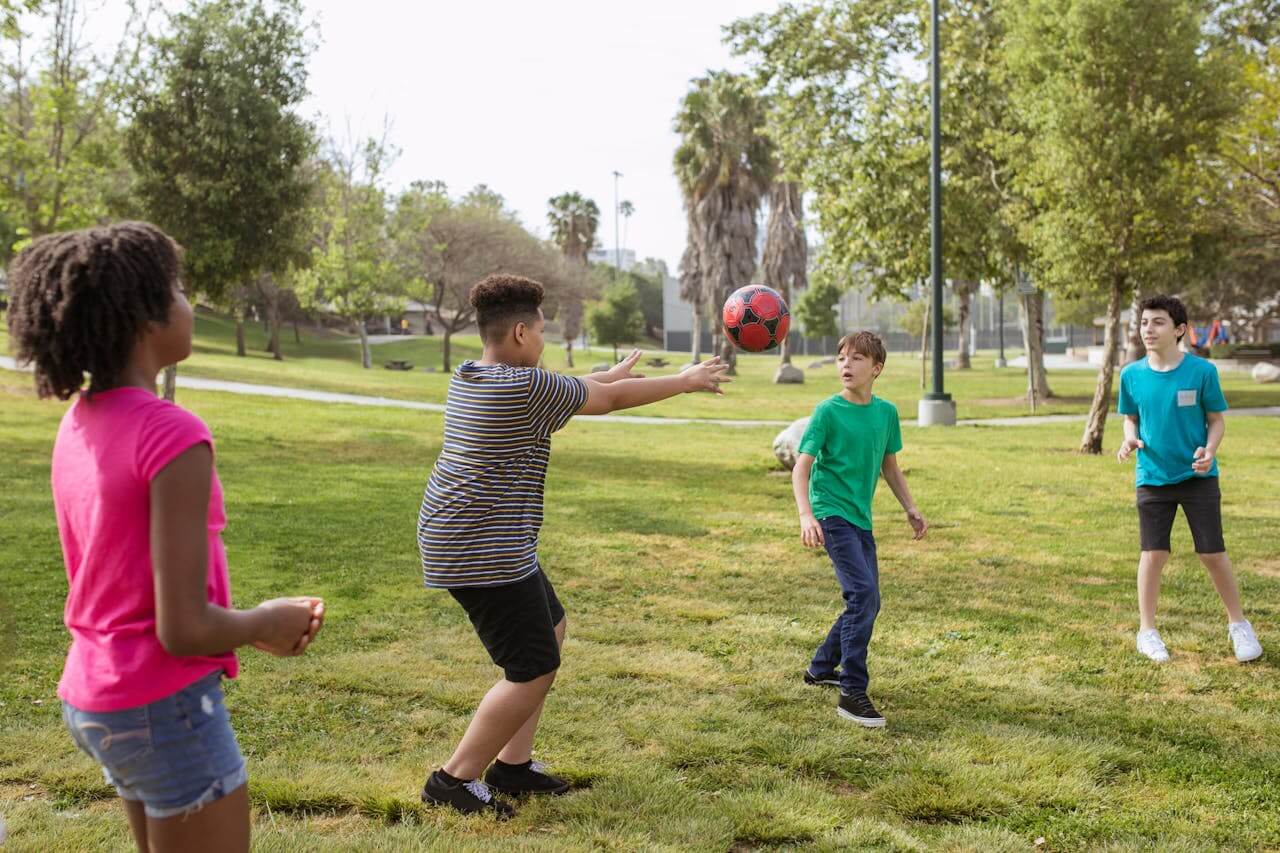Summer camp is often reminisced as a season of fun and games under the sun; however, its impact reaches far beyond the joys of outdoor adventures. It serves as a crucible for personal growth, social skills development, and the fostering of independence in young campers. Far from being a mere hiatus from academic learning, summer camp provides a unique, experiential education that equips children with life skills not easily taught in traditional classroom settings.
Through a blend of structured activities, free play, and group living, campers learn to navigate social dynamics, explore personal interests, and tackle challenges with resilience. This blog aims to unravel the layers of summer camp experiences, illustrating why it’s an invaluable investment in a child’s development and well-being.
Learning Through Play
At the heart of the summer camp experience is the philosophy of learning through play. This approach recognizes that children, when engaged in activities they enjoy, are more receptive to acquiring new skills and knowledge. Playful learning, whether it’s through team sports, arts and crafts, or environmental exploration, enables campers to explore complex concepts and social interactions in a natural, unforced manner. Whether you send your kids to the summer camp in Loudoun County, Virginia, or any other destination, they will be exposed to a diverse range of activities that challenge them physically, emotionally, and intellectually. This variety ensures that campers have an opportunity to discover their interests and strengths while also building upon them.
Fostering Independence
An often overlooked aspect of the summer camp experience is its profound impact on fostering independence among its young attendees. Away from the familiar confines of home and school, campers are subtly nudged to step out of their comfort zones, make decisions for themselves, and take responsibility for their actions in a safe and supportive environment.
This newfound autonomy ranges from choosing their daily activities to managing personal hygiene and resolving conflicts with peers without direct parental intervention. Such experiences are invaluable in building self-reliance, a quality that serves children well beyond the bounds of camp and into their adult lives. The confidence gained from successfully navigating these small but significant challenges at camp lays the foundation for a resilient and adaptive mindset, preparing them to face future uncertainties with grace.
Social Skills Development
The social component of summer camp is unparalleled in its ability to foster key interpersonal skills among campers. Removed from the digital distractions that often dominate their attention, children at camp are immersed in a setting that champions face-to-face communication and teamwork. This environment encourages the development of empathy, listening skills, and the ability to cooperate with individuals from diverse backgrounds.
Campers learn the importance of compromise, conflict resolution, and leadership through direct interaction with their peers and camp counselors in various activities. These practical experiences in socializing cannot be understated; they lay the groundwork for building lasting friendships and understanding the value of community. The skills gained in these social spheres equip children with the confidence to engage openly and effectively with others, a trait that remains invaluable throughout life.
Embracing Nature
One of the most profound benefits of summer camp is how it reconnects children with nature, offering a much-needed respite from the technology-saturated environments they are accustomed to. Immersed in the great outdoors, campers find themselves engaging in activities that not only provide physical exercise but also instill a deep appreciation for the environment. Hiking, canoeing, and wildlife observation allow children to experience the beauty and complexity of the natural world firsthand.
When you are out in nature, it fosters a sense of responsibility toward environmental stewardship, teaching campers the importance of conserving natural resources and living sustainably. Additionally, the tranquility of nature provides a serene backdrop for self-reflection and mindfulness, encouraging campers to develop a harmonious inner balance that promotes mental well-being. In essence, the time spent in nature at summer camp becomes a catalyst for nurturing eco-conscious citizens who are mindful of their impact on the planet.

Exploring Creativity
Summer camps serve as fertile grounds for exploring and nurturing creativity among campers. Through a diverse array of artistic and creative endeavors, such as painting, drama, music, and creative writing, children are encouraged to express themselves and explore their imaginative capabilities. These activities are not only fun but they serve as critical channels for emotional expression and cognitive development.
Creativity at camp is not about producing masterpiece artworks or winning performances; it’s about the process of creation, experimentation, and the freedom to explore different mediums and styles without the fear of judgment. This liberty to create fosters an environment where campers can discover new talents and interests or deepen existing passions. By providing a space where creativity is celebrated and nurtured, summer camps contribute profoundly to the holistic development of a child, equipping them with the creative thinking and problem-solving abilities that are extremely helpful in many facets of life.
Summer camp is about a lot more than just a break from the routine of school and home. It offers an immersive experience that challenges children to grow, learn, and explore in ways that cannot be replicated elsewhere. Whether it’s through play, independence building, social interactions, nature immersion, or creative expression, summer camps provide a dynamic environment for personal development and self-discovery.








